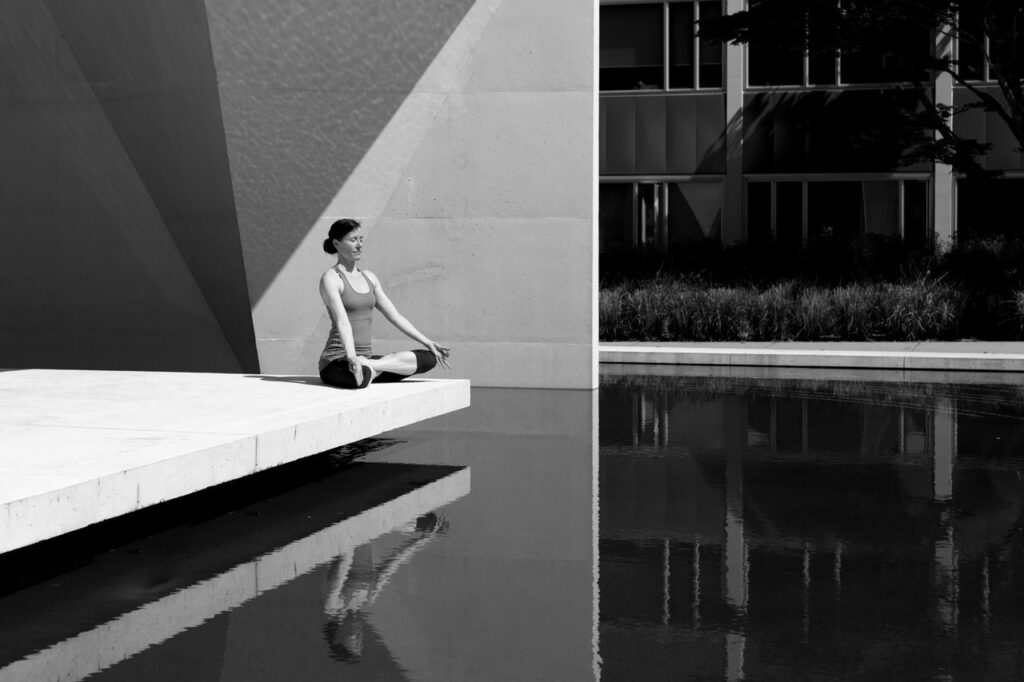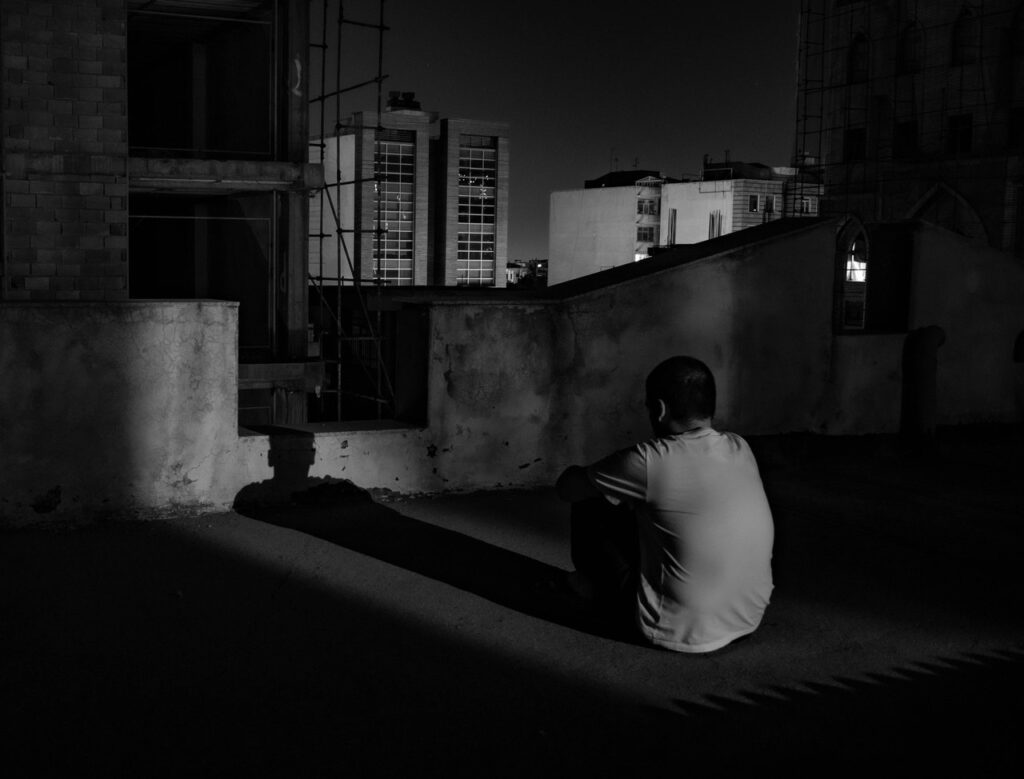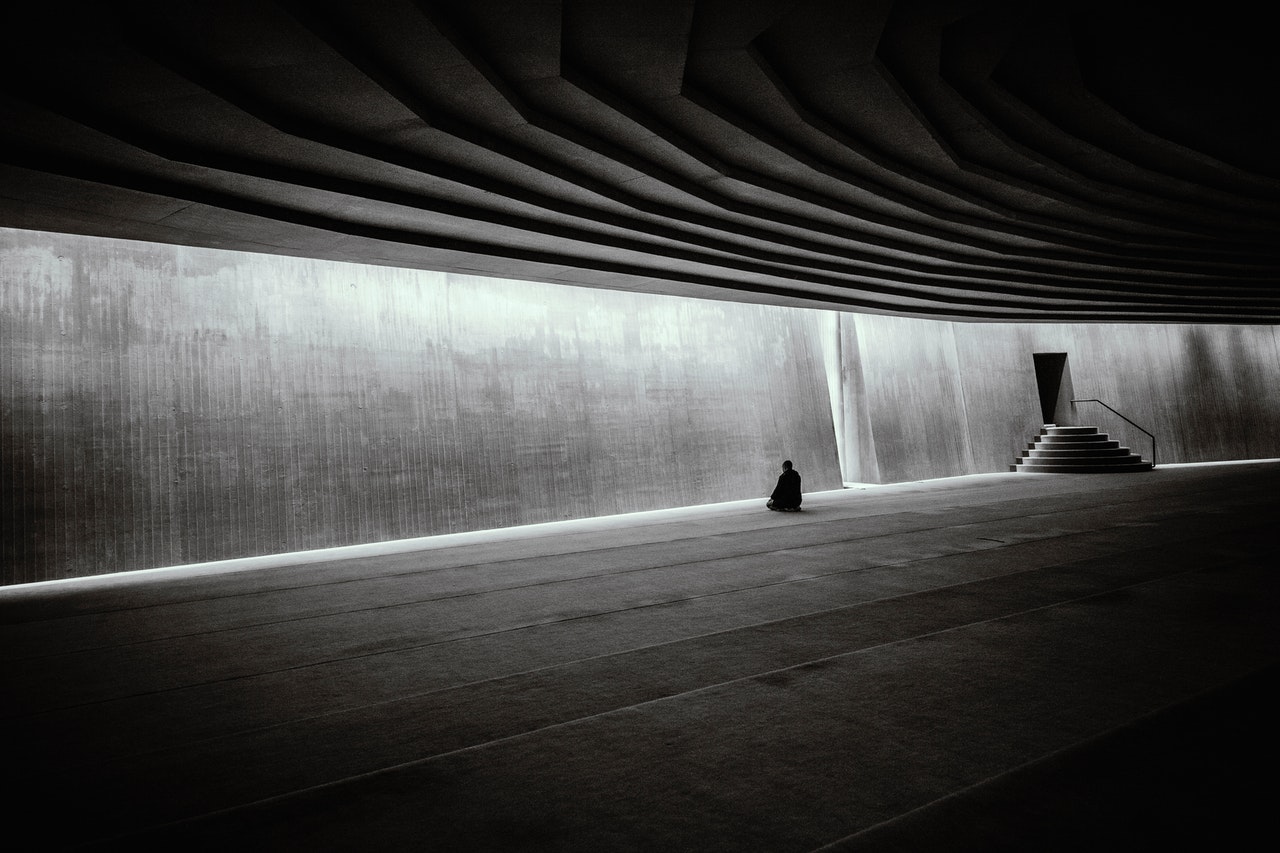Meditation is an efficient approach to re-energize and de-stress. It can help you connect with your inner feelings while also improving your health. There are a variety of strategies to improve your meditation skills, one of which is to meditate in the dark. If you are confused with the question, should I meditate in the dark, this is the perfect spot for your concern.
Meditation results in a deeper and complete feeling of relaxation as well as a calm mind. You focus your attention and get rid of confused thoughts that may be irritating your mind and causing stress while meditating.
There are different types of meditation, such as focused meditation, mindfulness meditation, mantra meditation, movement meditation, and more.
There are only a few reasons why you shouldn’t try darkness meditation, but there are many more reasons why you should, which you’ll learn about further down.
While meditating in the dark may not be for everyone, for the vast majority of people who give it a try, it can quickly become one of their favorite methods of meditation.
Benefits of Meditation

The benefits of the meditation include:
- Improved Self-awareness
- Gaining focus
- Getting rid of unpleasant feelings
- Boosting creativity
- Patience
- Anxiety
- Depression
- Sleeping problems
What Is Dark Meditation?

It’s also known as dark room meditation or dark therapy, and it’s a type of meditation that takes place in a dark, silent location away from sunlight or artificial light.
The beautiful thing about dark meditation is that you can do it from the comfort of your own home, or you can go to a dark treatment retreat where you can be guided through the process by therapists.
Benefits Of Dark Motivation
There are multiple benefits of Dark Motivation.
- Thousands of years ago, when monks meditated, they did so in complete darkness. They believed they would gain clarity and wisdom as a result of this.
- A review of many scientific studies in 2013 recommended the use of this hormone in cancer patients with sleep-wake and mood problems because it was found to have low toxicity levels in these patients.
- This hormone could be used to prevent and cure a variety of diseases, including breast cancer, prostate cancer, gastric cancer, and colorectal cancer. It helps people live longer by shrinking cancer tumors and improving their survival rates.
- Brain waves shift to Theta waves after 30 minutes of sensory deprivation in a dark environment. Theta waves are those that occur just before falling asleep. This state has been shown to improve not only problem-solving but also creativity.
- Pain can be reduced as a result of stress reduction. It can also help in the treatment of sleeping difficulties and addiction issues.
How To Meditate In The Dark?
Here’s what you should do if you want to practice darkness meditation:
Think about how you feel in the dark
Being imprisoned in the dark is not a pleasant experience for most people. They link it to negative feelings such as fear and even death. This is also not an option for those who are terrified of the dark.
Clothing
Meditation can be done in any attire; however loose garments like flowing robes, yoga trousers, and loose-fitting sweat suits are recommended to avoid stiffness in the limbs.
Make Positive Connections With The Dark
It is preferable to nurture pleasant emotions about being in the dark to feel at ease in the dark. Consider blackness as a hug or a source of life in terms of creation.
Breathing Exercises
Slowly inhale through your nose and slowly exhale through your mouth. Take note of how your body expands and contracts with each inhale and exhale. Keep an eye on how your muscles begin to relax.
Position
Select a position that is most convenient for you. You can either lie down on your back on the floor, sit upright in a chair with your legs uncrossed and hands resting on your thighs, or sit cross-legged on the floor with your left-hand palm up on your lap and your right-hand palm up in your left hand.
Disadvantages of Meditating in the Dark
If you’re scared of the dark, darkness meditation is not for you. Darkness conjures up images of the unknown, and some people are uncomfortable in total darkness. If you have a mild fear of the dark, you can use darkness meditation to help you overcome your fear. If you have a strong aversion to darkness, you should avoid darkness meditation unless you are accompanied by a therapist or specialist.
Moreover, It can make you sleepy, and you may fall asleep while trying to meditate. Unfortunately, meditating in the dark might increase any underlying worries or insecurities you may have. By concentrating on your breathing, you may overcome and regulate these issues.
Suggestions for Meditating in the Dark
If you feel that darkness meditation is right for you, here are some helpful suggestions for you:
- Consider the darkness to be a womb state, and you’ll be taken back to the beginning.
- Choose a room with as little light as feasible.
- Wear comfortable dresses
- Make sure you’re sitting in a comfortable chair in a pleasant environment.
- Close your eyes and clear your mind.
- Spend at least 20 minutes concentrating just on the darkness.
- To process your meditation session, open your eyes for at least 5 minutes.
These are only suggestions; your real meditation may differ. Make sure your session is appropriate for you and that you are at ease.
The Bottom Line: Should You Meditate In The Dark?
Meditating in the dark can help you relax while also providing some health benefits. There are very few disadvantages to meditating in the dark. It’s one of the finest methods to practice meditation unless you’re terrified of the dark or being alone in dark areas. You can delve deeper into your psyche and possibly even activate your third eye with increased attention. It’s the first step toward more in-depth meditation. If you’re new to dark meditation, a retreat may be a better option so you can learn more about it through a guided session.
FAQs
Should I meditate in the dark or light?
There’s no hard and fast rule. You should meditate however it feels best for you.
Is it okay to meditate at midnight?
It’s completely fine to meditate at midnight because midnight is a peaceful time for contemplating the quality of love.
Is it good to do meditation at night?
If you’ve sleeping problems, meditation at night is good for you because meditation helps with better sleep.
Can you meditate with the lights on?
Meditation with the lights on is for you if you’re practicing mindfulness.
What are the negative effects of meditation?
Answer: Meditation might result in increased depression and anxiety.
What is the perfect time to meditate?
Answer: Anytime you feel like meditating can be best for you; however, experts say that the hours before sunrise are considered prime.

